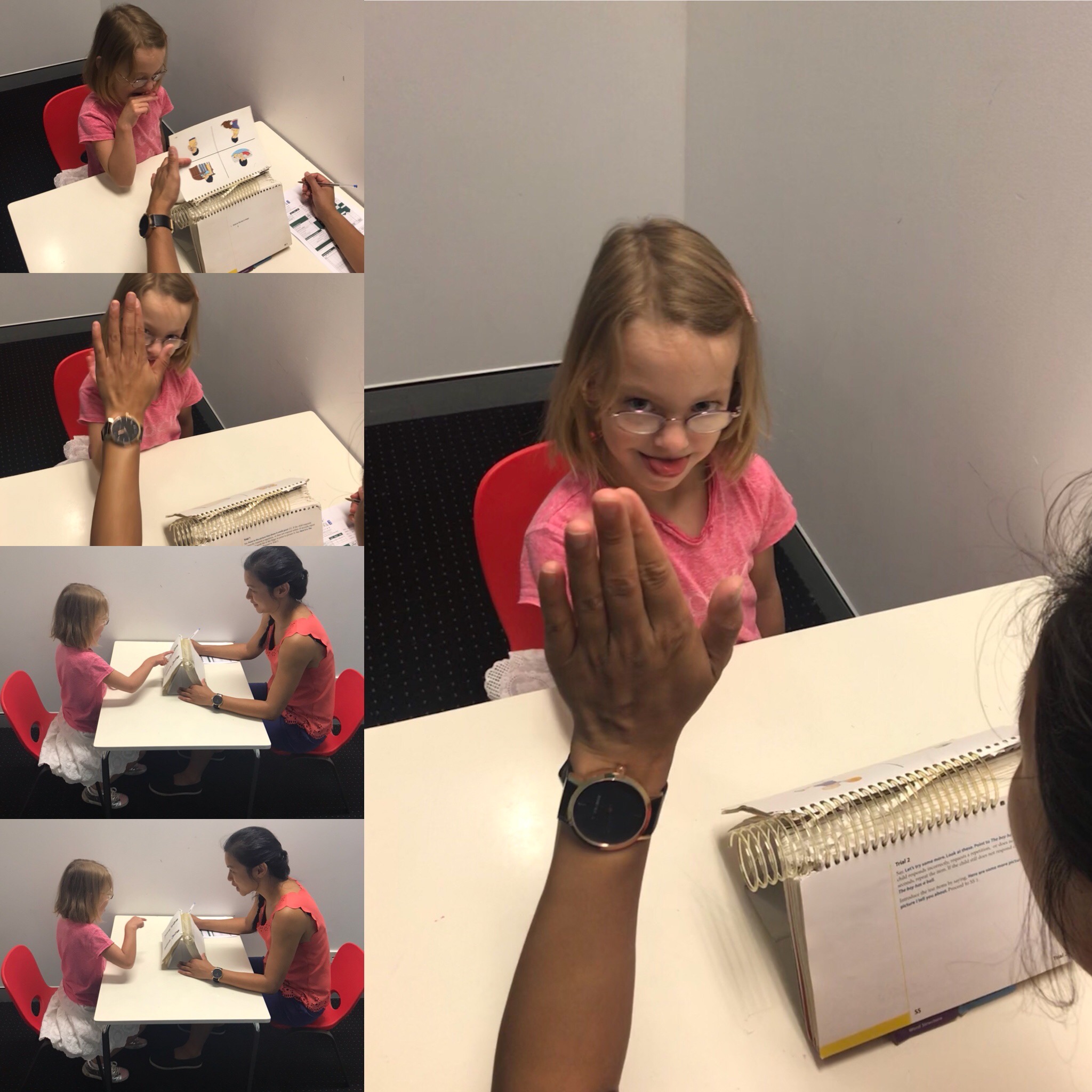
When to Assess the IQ of a Child with Autism: Key Considerations and Best Practices
Assessing the IQ of a child with autism is an essential step in understanding their cognitive abilities. It helps to provide the right support for their education and development. However, deciding when to do the assessment requires careful thought. In this blog, we discuss the best age for IQ testing, the reasons behind it, and its importance for school funding. If you’re looking for expert support, including ESDM therapy in Sydney, we’re here to guide you.
Understanding IQ Assessment for Children with Autism
IQ (Intelligence Quotient) testing looks at a child’s cognitive abilities in areas like reasoning, problem-solving, and understanding. For children with autism, these tests provide insights into strengths and areas of challenge. This helps parents, teachers, and therapists create effective intervention plans. At OneOnOne Children’s Therapy, we offer expert assessments and ESDM therapy in Sydney to support children with autism in their development.
The Best Age for IQ Testing
The best age to assess IQ in a child with autism is usually between 5 and 8 years old. This age range is recommended for several reasons:
- Developmental Readiness: By age 5, most children have the basic cognitive and language skills needed for IQ tests. They can follow instructions, making the results more accurate.
- Educational Planning: The early school years are crucial for planning a child’s education. Testing at this time helps design suitable learning programs and interventions that fit the child’s abilities.
- Stability of Scores: By age 6, IQ scores are more stable. This makes the results reliable and reflective of the child’s cognitive potential.
- Early Intervention: Identifying strengths and weaknesses early allows for timely interventions. The sooner needs are addressed, the better the outcomes for the child.
Why Schools Require IQ Assessments
Schools often ask for IQ assessments to provide the right support services and secure funding. Here’s why these assessments are important:
- Individualised Education Plans (IEPs): IQ tests help create IEPs that match the child’s cognitive abilities. This ensures educational goals are achievable and tailored to the child.
- Access to Special Services: IQ assessments help determine if the child qualifies for services such as speech pathology, occupational therapy, and behavioural interventions. These services are key to helping children with autism succeed.
- Funding Allocation: Schools often need official IQ results to secure the right funding. This money is used to provide resources, staff, and specialised programs to support the child.
- Monitoring Progress: Regular IQ assessments allow educators and parents to track progress. This helps adjust strategies and interventions as the child grows. Continuous monitoring ensures that the child receives the best possible support.
Preparing a child with autism for an IQ Assessment
Before booking an IQ assessment, there are a few steps to take to ensure a smooth process:
- Consult with Professionals: Talk to your child’s paediatrician, psychologist, or special education teacher. They can advise on the best time for the assessment.
- Choose the Right Environment: Make sure the test is done in a familiar and comfortable setting. This can help reduce anxiety and get the best results from your child.
- Prepare Your Child: Explain the assessment in simple terms. Let them know it’s a chance to show what they know and can do.
- Provide Relevant Information: Share any information about your child’s developmental history, past assessments, or current educational plans. This helps the assessor understand your child better.
Conclusions about when to test the IQ of a child with autism
Assessing the IQ of a child with autism is an important step in understanding their cognitive abilities. Testing between the ages of 5 and 8 is ideal as it combines developmental readiness with reliable results. Schools often require IQ assessments to secure funding and provide the right educational support. By understanding the significance of these tests and preparing well, parents and educators can help children with autism reach their full potential.
We’re Here to Support You
At OneOnOne Children’s Therapy, we believe every child can thrive with the right support. We offer IQ assessments and ESDM therapy in Sydney to help children with autism develop the skills they need.
Reach Out for Support
If you’re considering an IQ assessment for your child or would like to learn more about our services, we’re here to help. OneOnOne Children’s Therapy offers tailored support for children with autism, including expert ESDM therapy with our Certified ESDM Therapists in Bondi Junction and Mascot.
Call our clinics on (02) 80657837 or email us to discuss how we can support your child’s unique journey.
